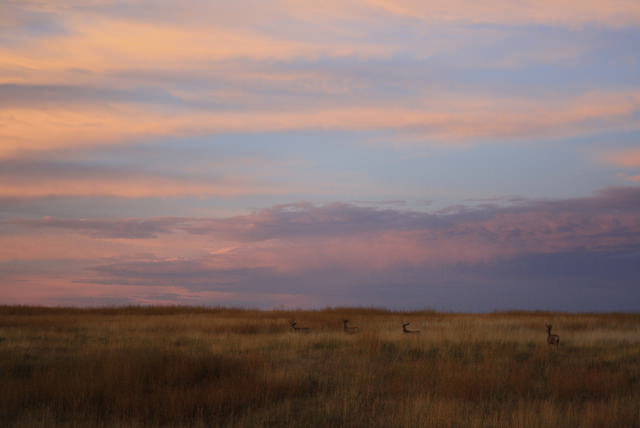Nature’s Medicine
By Alex Duryea, Ecotourism Consultant, Nebraska Tourism Commission
It’s all around us, it’s something we can’t live without, yet most take it for granted. There’s a lot to be said about fresh air — it just has an aroma to it. Like water, it tastes different everywhere you go. Whether it’s the sharp cool air of a mountain peak to the thick, heavy air of the Great Plains, it has the same effect — healing.
It’s called “ecotherapy.” Doctors are beginning to prescribe patients outdoor time: breathe some fresh air, go to a nearby green space, explore. While we’re still a ways from picking up a prescription bottle stuffed with dirt, there’s some interesting research being done on the subject. In a report published by Mind, researchers propose that ecotherapy can decrease anxiety, improve physical health and well being, reduce social isolation, and reduce the direct cost of treating mental health problems.
The benefits of ecotherapy may not stop there, and the practice could turn patients on to ecotourism as well. Through treatments, patients may discover a fondness of nature and become natural stewards, inclined to protect their remedy. Dr. Craig Chalquist, a large figure in the ecotherapy field, said in an interview in The Atlantic that the benefits of being outside can be felt in the body.
Spending time in green spaces is also showing benefits for children especially. A recent study by the University of Southern California found that youth with green space within 1,000 meters of their home are less likely to show aggressive behavior. Some researchers believe more green space in high-crime areas could help reduce criminal activity.
Whether or not you buy into the research, you can ask any nature tourist about the relaxation they feel while out in nature. For more amusement, check out this video from The Atlantic on ecotherapy.

